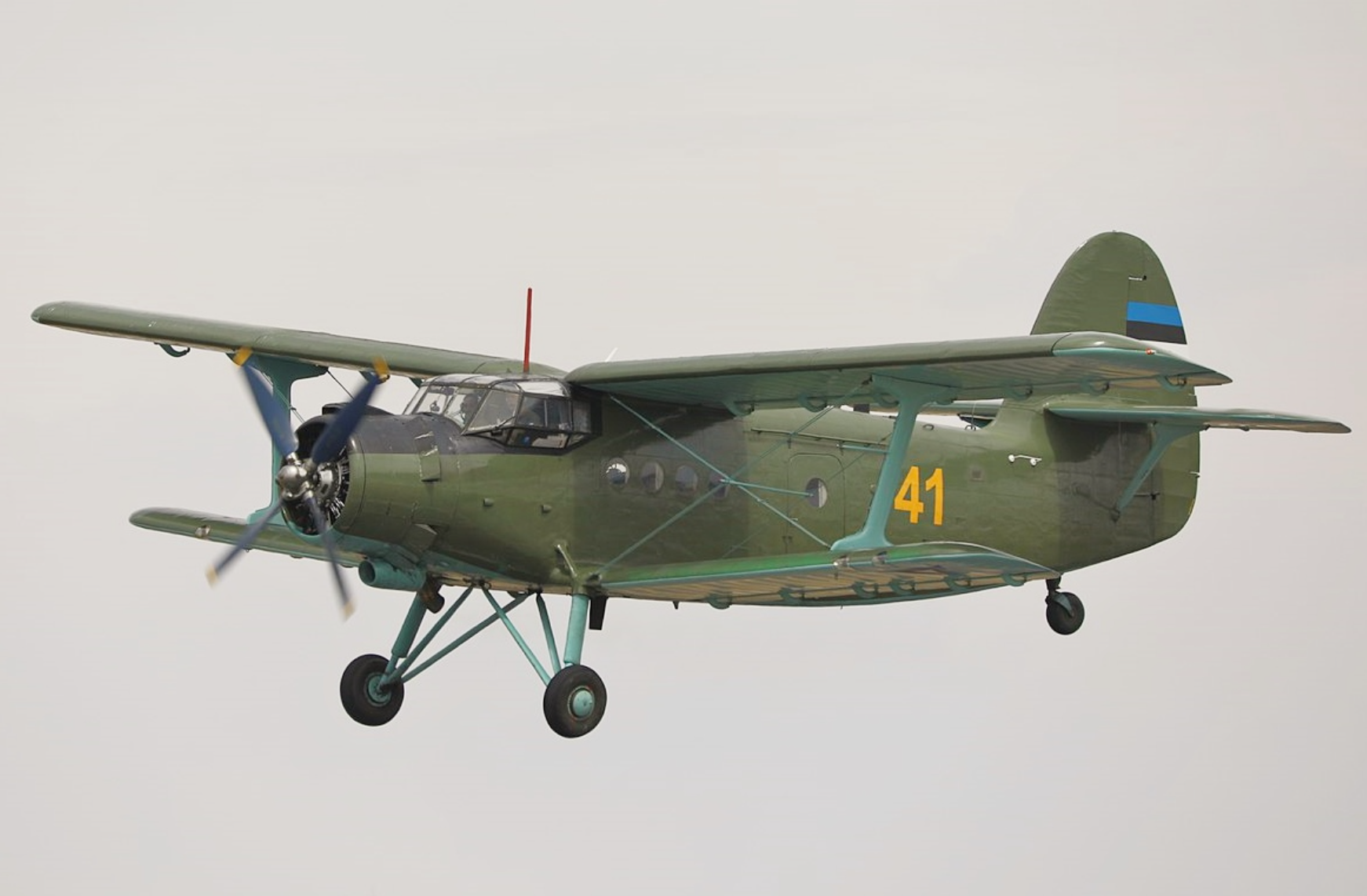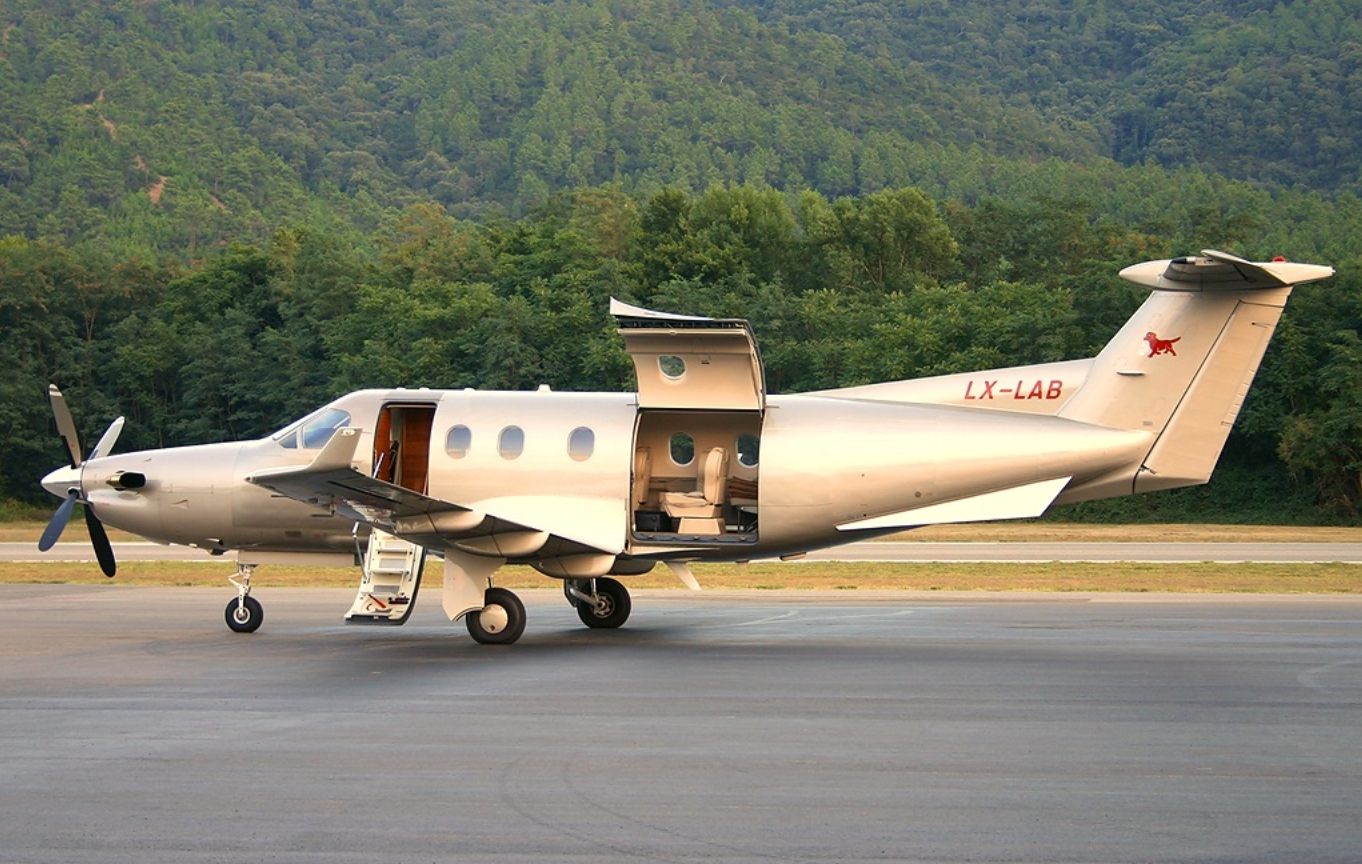Utility Category Aircraft


The Utility Category in aircraft certification is a designation for planes that can perform limited aerobatic maneuvers. These aircraft meet specific structural and design requirements that allow for maneuvers like lazy eights, chandelles, and spins. They are essentially a "normal category plus" and offer more operational flexibility than normal category aircraft, for example, in basic training.
Here's a more detailed look at the Utility Category:
1. What it means
- Utility Category aircraft are certified to perform specific aerobatic maneuvers.
- These maneuvers include lazy eights, chandelles, spins, and steep turns over 60° of bank.
- They are designed to withstand specific load factors, such as +4.4g and -1.76g.
2. History and Origins
- The concept of Utility Category aircraft likely evolved from the need for aircraft that could perform basic aerobatic maneuvers, like those required for flight training or some types of airshows.
- The exact timeline and development of the Utility Category designation would require further research into aviation regulations and certification standards across different countries.
3. Key Features and Requirements
Structural Integrity: Utility Category aircraft must be designed with increased structural strength to withstand the loads generated during aerobatic maneuvers.
Design Dive Speed: These aircraft must have a higher design dive speed, reflecting the higher speeds encountered during some aerobatic maneuvers.
Load Factors: They need to be able to withstand specific load factors, such as +4.4g and -1.76g, which are higher than normal category aircraft.
Maneuverability: While not designed for extreme aerobatics like acrobatic-specific aircraft, they are still designed for more maneuverability than normal category aircraft.
4. Examples and Use Cases
- Many light aircraft, like the Cessna 172, are certified in both Normal and Utility Categories, depending on how they are loaded.
- Utility Category aircraft are often used for flight training, as they can be used for basic aerobatic maneuvers that are part of the flight training curriculum.
- They may also be used for other purposes where limited aerobatic capability is desirable, such as some types of airshows or specialized aerial work.
